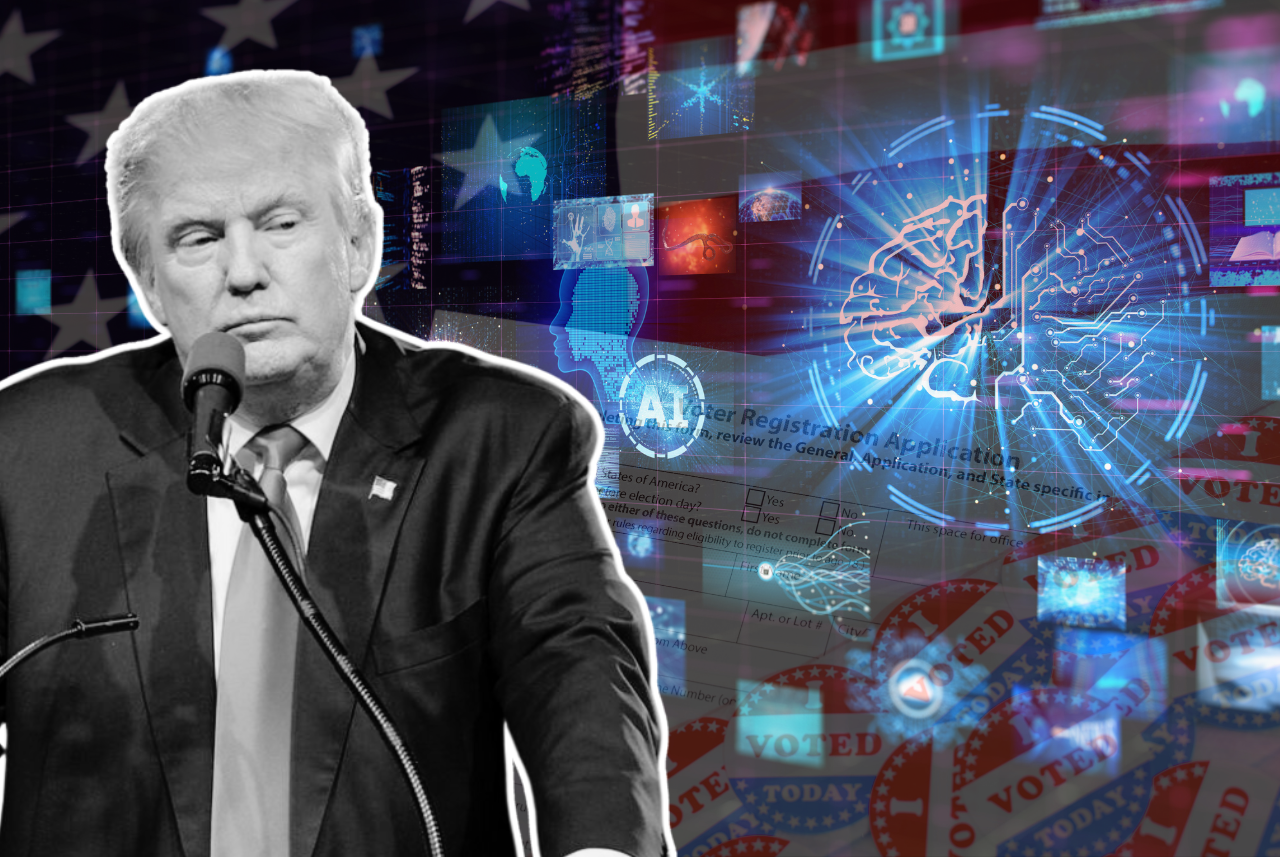
Listen to this note:
In the midst of the US election season, Artificial Intelligence (AI) threatens to destabilise the US electoral system, as it is increasingly being used to create and disseminate fake audiovisual content, which can fuel misinformation and confuse voters in their decision-making.
What once required a studio budget and production crew can now be done with just a few clicks, resulting in voters each day trying to navigate an electoral landscape in which it’s difficult to identify the authenticity of images, messages and videos — such as those AI-generated ones of Black voters supporting former President Donald Trump that have recently been widely circulated.
Of particular concern is the impact that AI can have not only on presidential elections, but also on local elections, by creating a false idea of the candidates, experts said during a briefing held by
